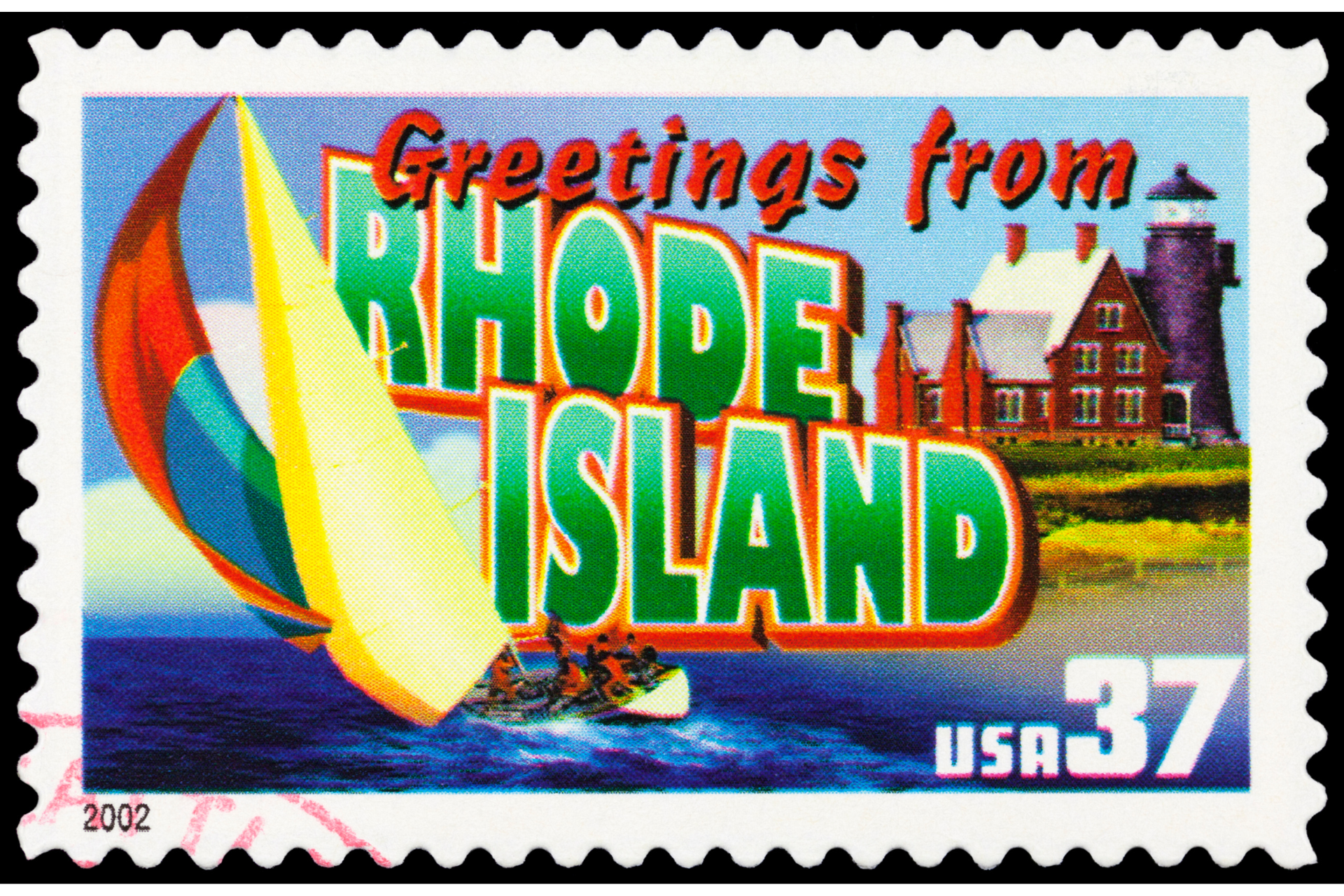In the run-up to the recent status plebiscite in Puerto Rico, the Puerto Rican diaspora — people who have moved to the States from Puerto Rico and their descendants — came up in more than one context.
First, there are those who believe that the diaspora should have a say in votes on the political status of Puerto Rico. This group includes pro-independence advocates like Rep. Luis Gutiérrez, born in Illinois, who wants independence for Puerto Rico in spite of the fact that people living in Puerto Rico do not want independence – the option received 1.5% of the recent vote held on June 11th and has never cleared more than 5% of the popular vote. The diaspora also includes Puerto Ricans who are said to have already voted for statehood “with their feet” by moving to and/or living in a State.
The diaspora also comes up as a topic of conversation in the context of costs of federal programs, such as Medicaid. Critics of federal funding for the U.S.’s most populous territory may favor independence, which would make it easier for the federal government to slash funding for Puerto Rico dramatically.
Where does the diaspora live?
Three members of Congress have more than 100,000 constituents of Puerto Rican heritage:
- Darren Soto (D) Florida: 200,082
- José Serrano (D) New York: 170,697
- Nydia Velázquez (D) New York: 109,652
All three members have criticized Puerto Rico’s colonial relationship with the U.S. and the related inequalities inherent in being a U.S. territory. Both Soto and Serrano have championed self determination for Puerto Rico, ultimately approving the votes for statehood. Velazquez favors an new “enhanced commonwealth” status for Puerto Rico.
Ten members of Congress have as much as 10% of the people in their districts identifying themselves as Puerto Rican:
- Darren Soto (D) Florida: 26.10%
- José Serrano (D) New York: 23.1%
- Nydia Velázquez (D) New York: 14.7%
- Richard Neal (D) Massachusetts: 13.4%
- Adriano Espaillat (D) New York: 12.6%
- Albio Sires (D) New Jersey: 11.9%
- Bob Brady (D) Pennsylvania: 11.3%
- John Larson (D) Connecticut: 10.7%
- Stephanie Murphy (D) Florida: 10.3%
- Lloyd Smucker (R) Pennsylvania: 10%
The States on this list are all along the East Coast, and all these states have other districts with strong Puerto Rican popuations. Northeastern cities have more settled Puerto Rican communities, with many younger residents who were born in their States. More newly arrived Puerto Ricans end up in Florida, currently the largest enclave of Puerto Ricans in the States. Illinois, Hawaii and Ohio all have smaller but still significant Puerto Rican populations.
There are also growing new Puerto Rican communities in Texas, Virginia, and North Carolina. Overall, we are beginning to see a change from the small populations of people of Puerto Rican heritage living in a handful of States to more Puerto Ricans living in more different States.
As people of Puerto Rican heritage continue to settle in additional States across the Union, the problems resulting from widespread ignorance about Puerto Rico may diminish. Congressional representatives may gain greater awareness about Puerto Rico, schools will begin to study Puerto Rico (and perhaps the other territories) along with the States, and the mistaken idea that Puerto Rico is a separate country – and unrelated to the United States – may be cleared up.
Data source: U.S. Census Bureau, 2011-2015 American Community Survey, 5 year estimates


